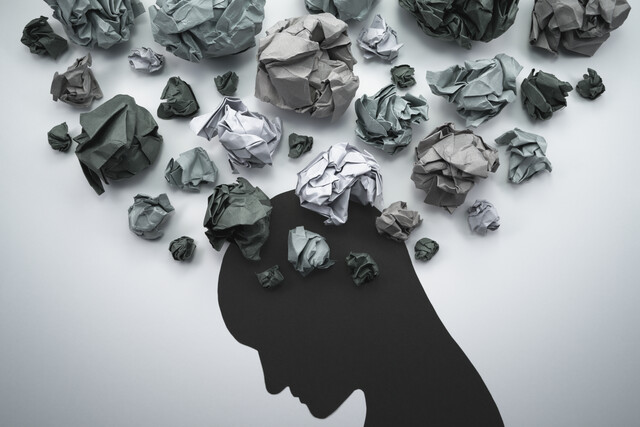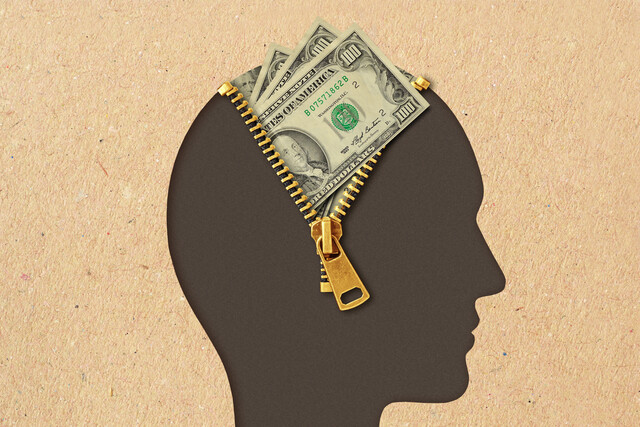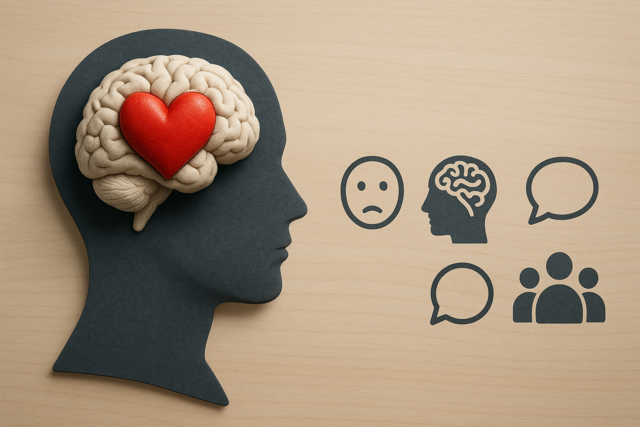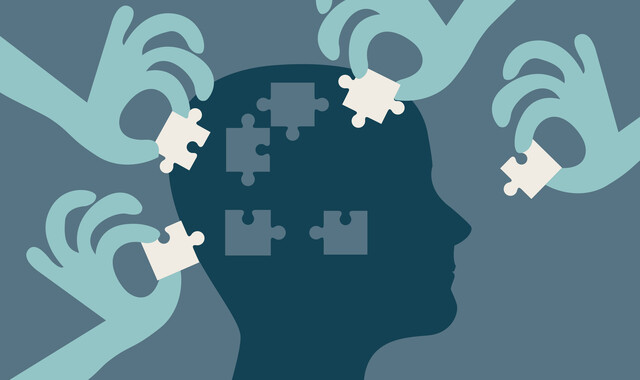Memory and Concentration Techniques
Unlock Your Mind: Master Focus and Retention

10 Hours average completion time
1.0 CEUs
22 Lessons
21 Exams & Assignments
22 Videos
24 Reference Files
Mobile Friendly
Last Updated January 2026
Unleash Your Mind's True Potential: The Ultimate Course for Memory, Focus, and Cognitive Mastery
Imagine a life where you can effortlessly remember names, faces, numbers, and facts. Where your focus is unshakable, your productivity skyrockets, and your mind feels sharper than ever. This isn't just a dream-it's a reality waiting for you, and this course is your gateway.
In today's world, your mental agility is your greatest asset. Whether you're a student juggling assignments, a professional navigating high-stakes decisions, or simply someone determined to keep your mind sharp, optimizing your cognitive skills is no longer optional-it's essential. This course is your opportunity to transform your mind into a finely tuned instrument capable of extraordinary feats.
Why This Course Stands Above the Rest
Unlike traditional classes that bombard you with abstract theories or fleeting tips, this course is a revolutionary journey into the core of how your brain works-and how you can make it work for you. Through cutting-edge science, timeless techniques, and actionable strategies, we've crafted a program that's as engaging as it is transformative.
You'll discover the secrets of memory experts, the science-backed habits that fuel focus, and the power of tools that can reshape your mental landscape. This isn't just learning-it's a full cognitive upgrade.
What Awaits You
From the moment you join, you'll step into a world of discovery. Ever wondered how some people effortlessly recall intricate details while others struggle with simple names? You'll uncover the techniques they use, like the Loci Methodand Peg Systems, and learn how to make them your own. Curious about the link between your lifestyle and brain health? You'll gain insights into the sleep patterns, exercises, and foods that can supercharge your mental clarity.
But this course goes beyond memory-it's about unlocking all aspects of your cognitive potential. You'll master the art of deep focus, overcome concentration barriers, and even explore the surprising power of music and nutrition to enhance your brain's capabilities. These lessons aren't just interesting-they're life-changing.
What You'll Gain
By the end of this course, you'll not only think faster and remember more-you'll feel unstoppable. You'll approach challenges with confidence, communicate with impact, and stand out as someone who's always one step ahead. Your mind will no longer feel like a limitation but a boundless source of strength and possibility.
This is your moment. Your journey toward cognitive mastery starts here. Enroll today and take the first step toward a future where your mind becomes your most powerful ally. Don't just learn-transform. The life you've imagined is waiting. Are you ready?
- Mastery of mnemonic devices
- Enhanced public speaking confidence and impact
- Utilization of holistic brain health practices
- Streamlined information retention strategies
- Increased cognitive agility and resilience
- Enhanced memory recall through visualization
- Advanced emotional memory techniques
- Improved concentration on tasks
- Effective deployment of mindfulness for focus
-

Habits of Millionaires
-

Emotional Intelligence
-

Business Budgeting 101: How to Plan, Save, and Manage
-

Introduction to Ethics
-

Creative Thinking Skills
-

Team Building 101
-

Running Effective Meetings
-

Operations Management 101
-

Writing Help Course Bundle
-

Understanding Learning Styles
-

Goal Setting for Business
-

Business Branding 101
-

Business Credit 101
-

Strategic Planning
-

Project Management 101
-

Critical Thinking Skills
-

How to Read Body Language
-

The Art of Setting Goals
-

Product Management 101
-

Memory Improvement
-

Time Management 101
-

SalesForce 101
-

Personal Communication Skills Level 4
-

Developing Great Social Skills
-

Innovative Thinking Skills